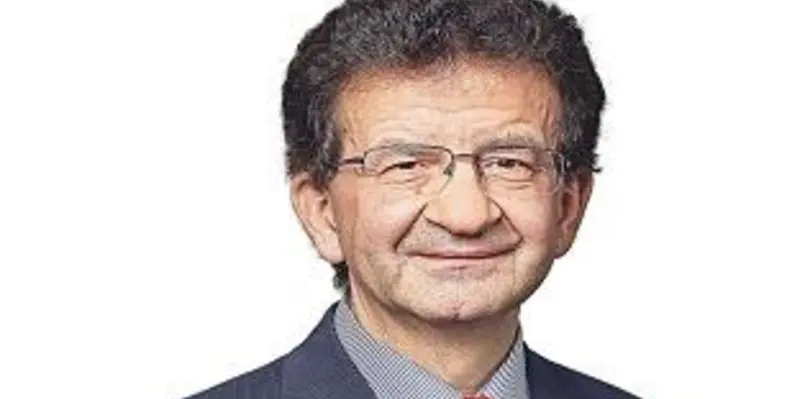Chris Antonopoulos, CEO of Lekela, describes how the continent is on a strong growth path to realising its huge wind power potential which will be crucial for its future development
African Review (AR): How is the industry reacting to the post-Covid environment and what was the mood at Africa Energy Forum (AEF) from your perspective?
Chris Antonopoulos (CA): AEF this year focused on the opportunity that renewable energy presented for Africa. We all know that the importance of renewables is only growing: both for decarbonisation and the development of new green industries, but also as an affordable, reliable source of energy.
Worsening climate impacts and the sharp rise in fossil fuel prices we have seen this year only add further urgency to the debate. It’s my view that we need to capitalise on this opportunity now, and put Africa at the centre of building the world’s sustainable future.
AR: What are some of the challenges associated with delivering wind projects on the continent?
CA: The key challenge in delivering on Africa’s huge energy potential is securing investment. Africa is still falsely seen as a risky investment by many developers of clean energy and other climate-friendly technologies. Instead, much of this investment is directed to other growth markets, such as South America and Asia.
But with the world’s largest free trade area, a 1.2 billion person market and highly favourable demographics (the proportion of people under 25 is far higher than most places in the world), the African continent is on a strong growth path.
AR: How have you achieved success here?
CA: A large part of our success comes down to working closely with all our partners, including the governments of the countries where we operate. It is encouraging to see how many African nations have recognised that clean energy is the future, and are committing to scale up renewables as a share of their energy mix.
It is not just governments either, we collaborate with the communities in which we operate to ensure everyone is brought in. Our approach for every wind farm is to work closely with local people, groups and the environment, to ensure we’re implementing projects and plans that suit their needs. It has been great to see how the local women's association in Taiba N’Diaye, Senegal, is using the marketplace we helped to build, and how our migratory birds monitoring programme in Egypt is protecting local wildlife.
Read the full interview in the latest issue of African Review here.












